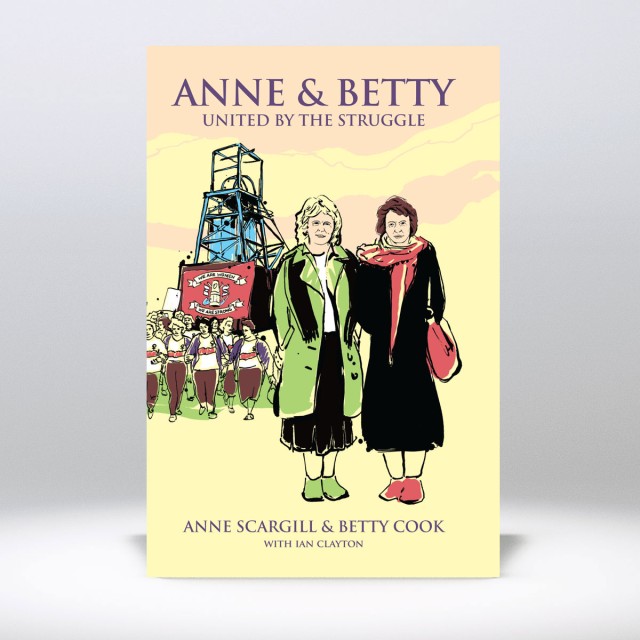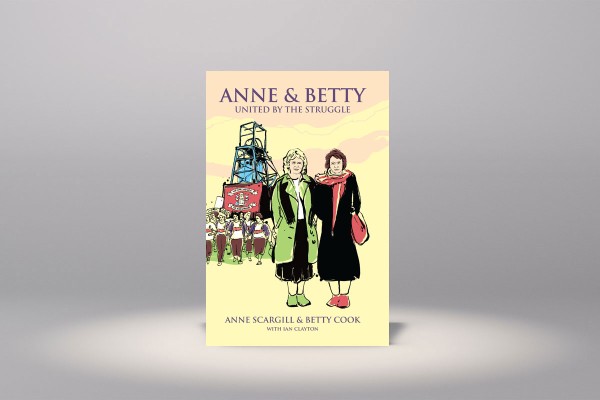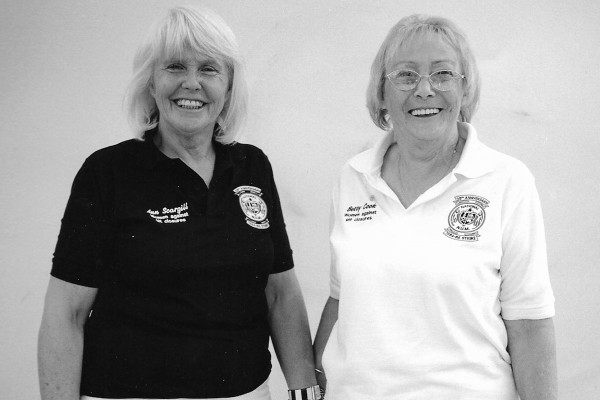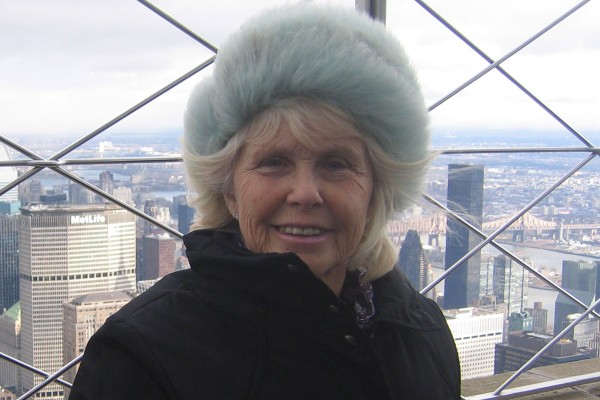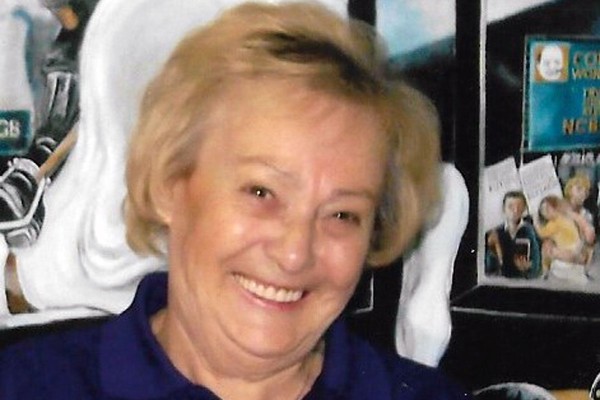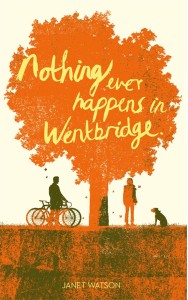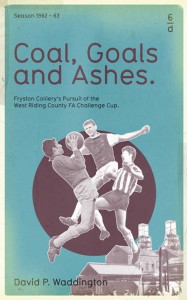Nothing Ever Happens In Wentbridge
Janet Watson's memoir of first love and loss. 'This is a luminous book about real life: about love, loss, motherhood, daughterhood, about sex, longing and fear, regret and the terrible pain of hindsight.' - Mumsnet
Read More